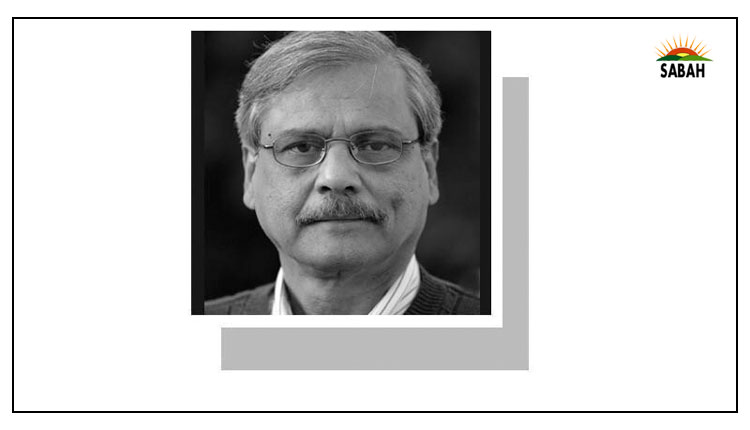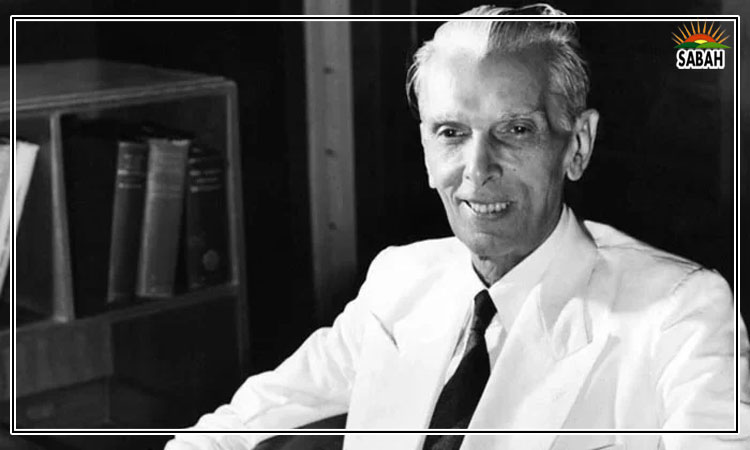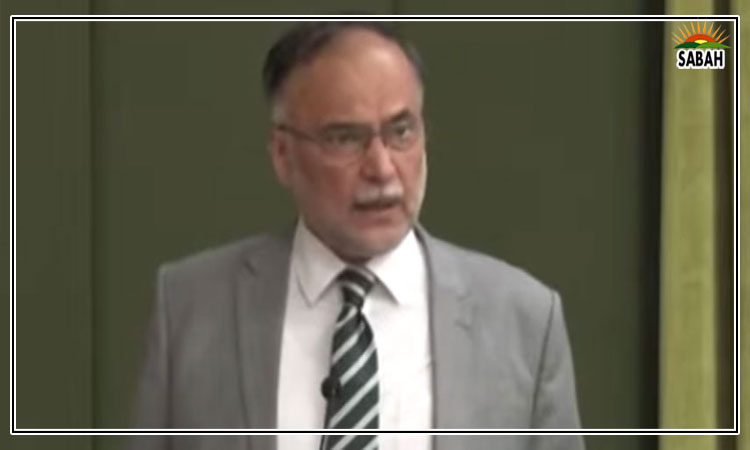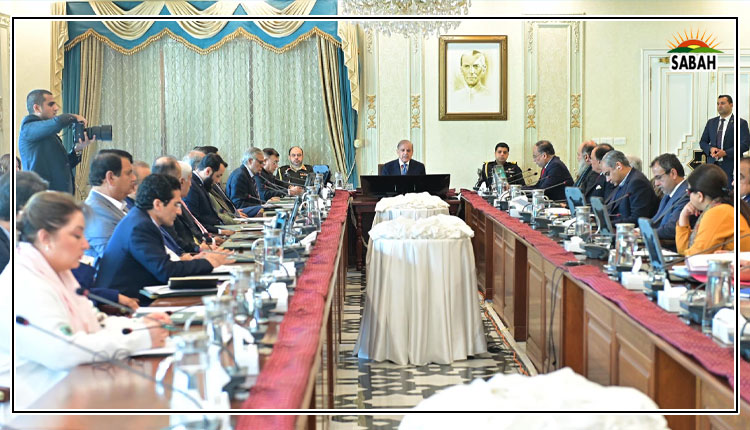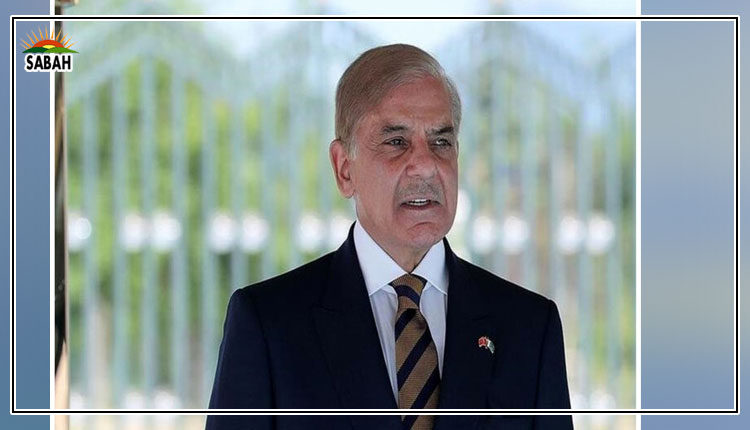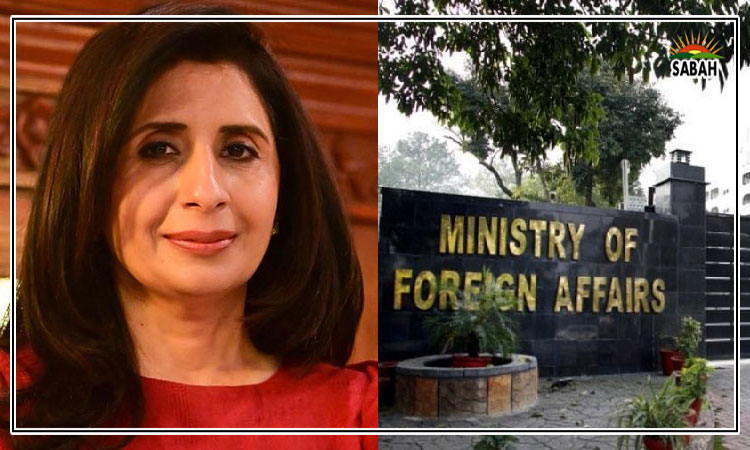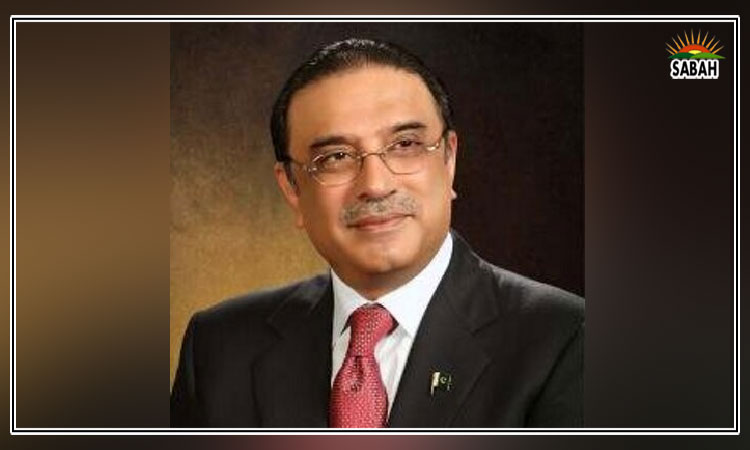Something’s gotta give…Arifa Noor
A FAMILY of four spent two months in the dark earlier this year in the small portion they rented. A husband, wife and two children, in Islamabad, spent these two months without electricity because their bill had been so high they could not afford to pay it, so they simply plodded on without any electricity.
The neighbours then got together to pool money and pay the bill to help them out. One can only wonder how long this bliss will last, for soon enough there will come another bill their way.
I was told this story by a colleague. And there are countless such stories that everyone of us hears about, nearly every day. At nearly every level, below the extremely rich, life has been affected and in an ugly manner.
Someone tells the story of an acquaintance who is now buying cheaper, poorer quality food. Another has moved houses to save money. Those who used small cars have moved to motorcycles. And the hardship of the most vulnerable can be judged from the stampede at nearly every distribution point for free atta (wheat flour).
As another colleague remarked one day, everyone is on a short fuse; nearly every other conversation is a heated one, for people are very angry and frustrated.
But all of this takes place in a land far away from the one our politicians and other stakeholders live in. The government is far too busy fearing and figuring out how to neutralise Imran Khan to have any time left for governance.
(A case in point is their lack of public reaction to the deaths in stampedes at atta distribution points.) Instead, they seem busier with their Supreme Court strategy, defending the caretaker governments actions, and arguing against staggered elections. Their economic policy, on which tomes have been written already, consists of Ishaq Dar and the prime ministers regular promises of an IMF deal in the next few days.
The world where people exist is distant from the one where our politics is carried out.
On the other side, we have PTI. Khan wants elections, and for this, he keeps sending mixed signals about whether or not he wants to talk to the ruling alliance. And while he can and should be criticised for his intransigence, as the opposition, there is little one can expect from him regarding the economy; one can only remind the PTI of the role they played in getting the country to this point by letting Shaukat Tarin heat up the economy, after getting rid of Hafeez Shaikh.
The Supreme Court is in a mess and the judges appear to be caught in personal battles, busy writing notes, orders and judgements against each other.
There a fourth stakeholder but it claims to be distant from dirty politics a claim which is perhaps believed only in the realm of TV talk shows; elsewhere the assumptions tend to be different. But then, the world where people exist is distant from the one where our politics is carried out.
But in all of this, there are two issues.
One, that the IMF programme is not being finalised and Pakistan is running out of time. And second that once time runs out, this political status quo or stalemate will be difficult to sustain.
There are essentially four players in this present mess the people, PTI, the PDM and the establishment. At the moment, there is no indication that any one of them is willing to show any flexibility in their stand as in, little at present is going to change the position of these four players.
But if there is a default or a further worsening of the economic situation, with shortages including that of energy, these positions, or some of them, will weaken.
The people will be weaker; but this will not necessarily change their voting decisions in such a way that the possible victories and defeats visible right now will be reversed. Perhaps, an angrier populace will be disillusioned with the PTI, but will it transform into support for any of the ruling parties?
Will it make the PTI more amenable to a compromise (whatever that looks like) or will the ruling alliance become more amenable to an election? Or will it force the establishment to change its mind? However, if Sri Lanka is any guide, those in power will be in a difficult position.
The point here is that if the IMF programme doesnt come through, default or a meltdown call it what you will is inevitable. And once it does, one or more of the stakeholders are bound to end up in weaker positions. And the contours of a future political arrangement will then begin to take shape, whether it is in the shape of elections, or something less constitutional as some are predicting.
But this is not where the matter will end. A weaker economy will obviously then give more incentive to the international financial institutions to push for reforms on their terms, because there is now growing impatience with Pakistans inability to address the problems of its own economy.
More serious still, imagine what the IFIs and the other lending partners will ask for then in exchange for an IMF programme and assistance. And this question is not asked to hint at some of those darker implications that the finance ministry these days is fond of alluding to but simply to say that the restructuring such as privatisation will take place at a pace and terms not very palatable.
Just consider a recent New York Times piece on how the change in policy of countries such as Saudi Arabia is impacting Egypt, which like Pakistan is used to bailouts. It provides a window into what the future may look like for us.
The writer is a journalist.
Courtesy Dawn, April 4th, 2023


